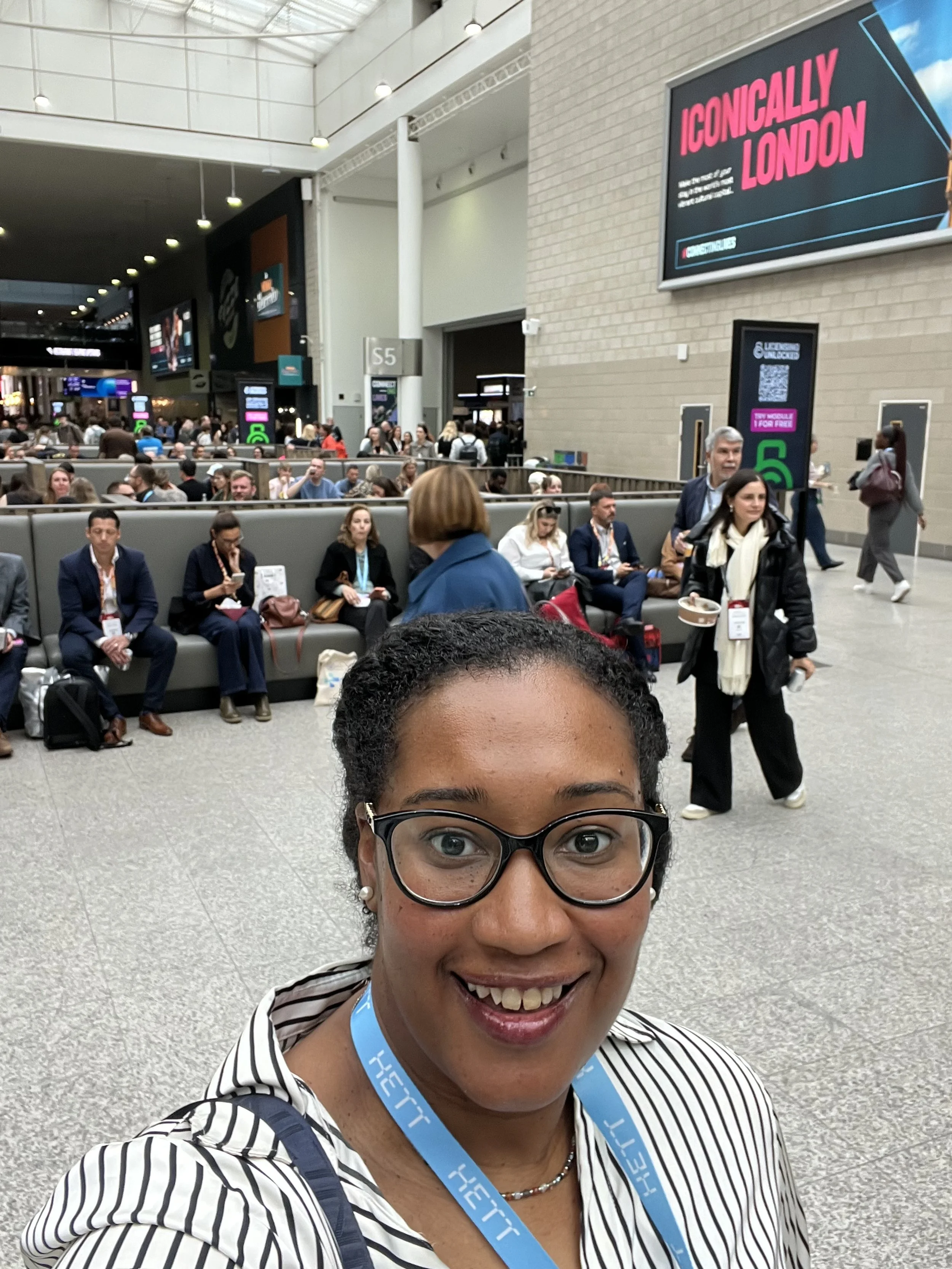Bridging Innovation and Empathy: Reflections from Healthcare Excellence Through Technology Show (HETT)
I am Melanie Johnson, Secondments and Partnerships Coordinator at UCL for the joint EPSRC Centre for Digital Health Technologies (ENGAGE) with Ulster University. HETT was my first digital health technology conference and an opportunity to immerse myself in the world of digital health technology and to see how the Centre can make a real impact. From inspiring personal stories to strategic insights on integrated care and professional standards, come with me on my journey at HETT…
Keynote Spotlight: Dame Laura Kenny – The Power of Perseverance and Teamwork
So, to kick-start the day, I attended the keynote from Team GB’s most decorated Olympian, Dame Laura Kenny – I am also a little sports mad, so this was quite an opportunity for me.
All of our work requires teamwork and many of the Centre’s doctoral researchers and academics work as part of research groups and project teams.
Dame Kenny has been part of some of the most successful Olympic teams ever and she shared her “ingredients to success,” starting with her 10-minute rule for timekeeping (arriving 10 minutes before any meeting) and holding herself to high standards. She emphasised that while team cohesion is vital, it does not require constant closeness; setting boundaries and agreeing on shared principles were key to her team’s success. She also highlighted developing communication skills and the ability to adapt your communication to the individual’s style of communication to get the buy in of your entire team.
Mental health is something we all share, and Dame Kenny considers speaking to be her power, talking openly about the good and the bad has stopped her from dwelling on negative thoughts.
Her career-defining moment came after having her first child and returning to winning ways, proving to herself that she could juggle family and ambition. She remarked: “There is no journey without hurdles, but every barrier can be broken down.”
She also attributes her success to a brilliant coach, Dave B, whose mantra was to try lots of things and think of what your competitors are not doing to exploit the smallest margins. My takeaway: the route to success may not be easy but going the extra mile can be rewarding.
Reshaping Women’s Health Through Innovation and Integration
A major theme at HETT was the urgent need to redesign women’s health pathways using integrated care models and digital tools. Dr MaryAnn Ferreux, Chief Medical Officer, emphasised that women should not be treated as a homogeneous group, rather data should be used “in a meaningful way to target the right groups”.
Digital tools are already successfully impacting women’s health. There is a call to co-design digital tools with the people you are serving to prevent “re-inventing the wheel” and a sense of optimism that successful tools and pilots can be standardised and used as a blueprint for scalable success.
Professional Standards: Building the Digital Foundation
The final sessions I attended focused on the digital workforce, the structural changes needed to support transformation and the power of digital tools, training, and representation to transform the care provided by nurses.
The Centre’s multidisciplinary approach to training puts our doctoral researchers in a strong position to understand and solve some of these and other challenges facing industry, charities, and the NHS.
Will Smart FBCS, Chair of the BCS Health and Care Faculty and former NHS Chief Information Officer highlighted the challenge of executing digital transformation. There is a call for frontline IT staff, known as the DDAT workforce, to be involved in strategy creation and for the professionalisation of the digital workforce to ensure patient safety and successful adoption of digital tools.
BCS, the Chartered Institute for IT and the Federation for Information Professionals (FEDIP) are working to change this by creating pathways for professional registration and ethical standards.
Final Thoughts: Collaboration is the Catalyst
HETT 2025 showcased the power of technological innovation, data, professionalisation and workforce transformation in shaping the future of healthcare. The message is clear: transformation happens when we listen, collaborate, and innovate with empathy.
The Centre is poised to be a part of this movement, as we collectively build bridges across disciplines, and co-design solutions with partners and service users.

